ID@Azure Program Update
A great start!
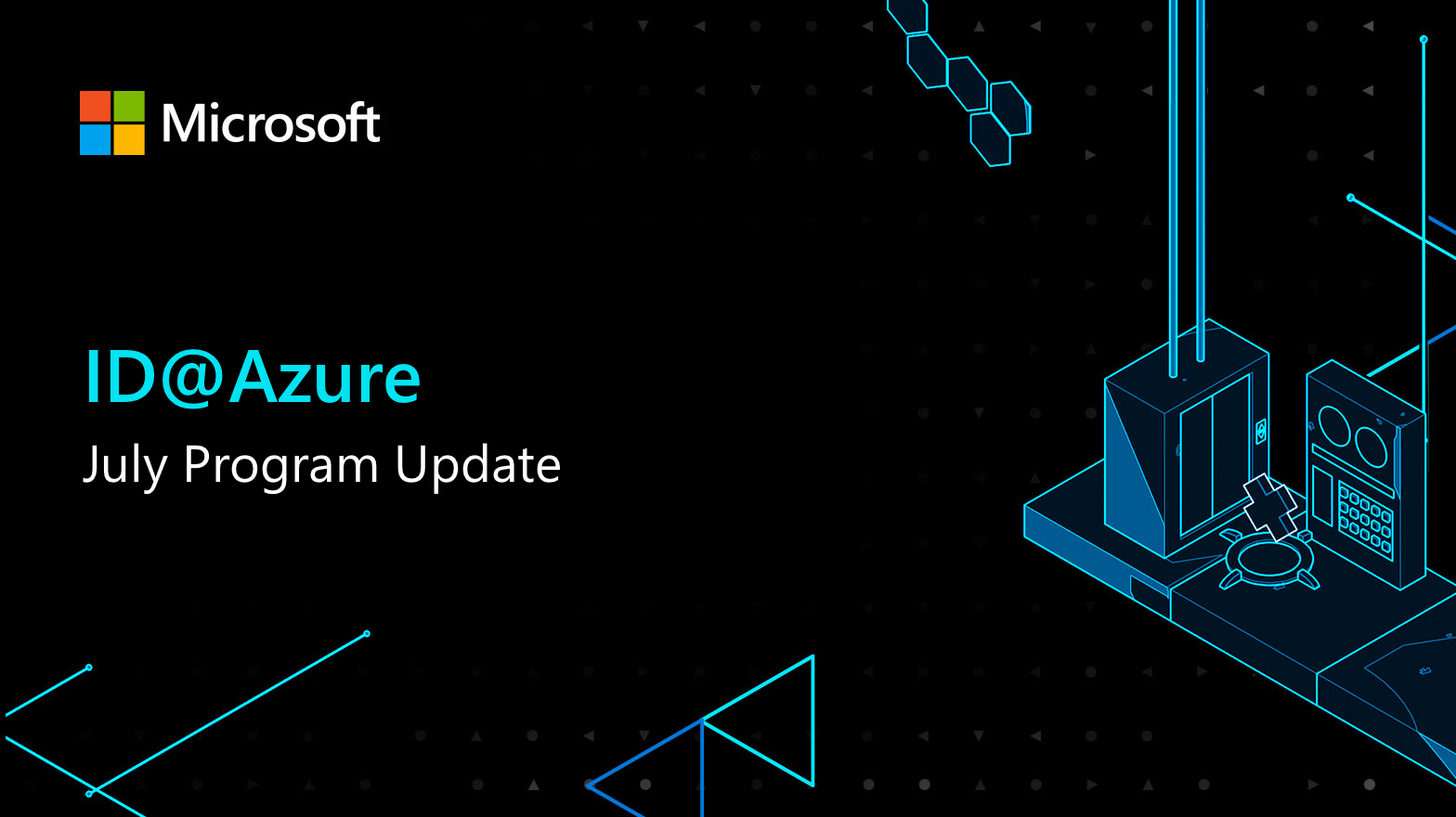
It has been several months since we launched ID@Azure on March 23, 2022 during the Game Developers Conference. Since launch, we now have hundreds of game developers in the ID@Azure program and most of them have already activated our core offerings of up to $5,000 of Azure credit and free access to key PlayFab services. We've been delighted to see ID@Azure members interested in joining our community from more than 45 countries from all over the world. Some are coming from traditional game development hotspots like the US, Canada and UK, and we're also excited to see developers interested in exploring cloud from less established regions like Costa Rica, Ecuador, Pakistan, Oman, Nepal and the British Virgin Islands.
We have hosted over 30 "Ask the Experts" sessions featuring technical members from Microsoft's cloud gaming team, giving members of the ID@Azure community the opportunity to learn about new and upcoming services and ask questions. In addition to our regular Office Hours meetings where we host a Teams call that any ID@Azure developer can drop into, specialist topics covered included an introduction to using the Azure Portal, Tips on building a Cloud Native Game Studio, and a live demonstration of a useful collection of resources we call PlayFab Buddy. If these sessions sound interesting, don't worry - they are recorded and available on the ID@Azure Developer Hub for all program members.
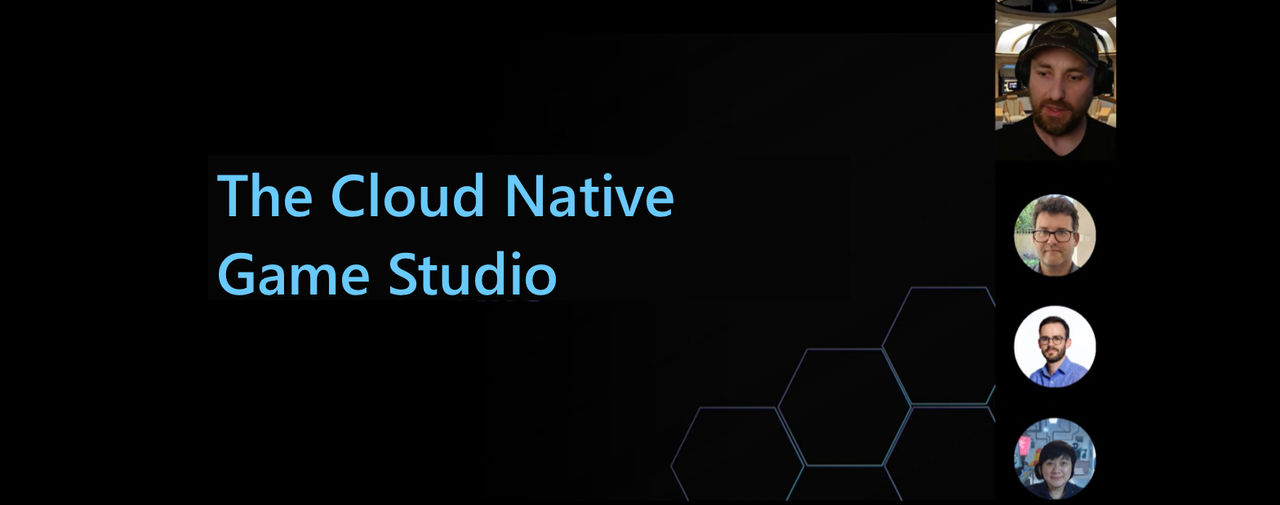
In the coming weeks, we are planning to host sessions covering important topics that developers frequently ask us about, such as cost estimations and management, getting started with cross-play services, and some best practices for launching your game with support from ID@Azure. Our topics are based on feedback from our program members, so if you have a specific subject you'd live to see covered in an Expert Session please let us know via IDAzure@microsoft.com or join one of our regular weekly Office Hours calls to get advice and guidance from our cloud gaming specialists.
Get Involved
Something we hear quite frequently from developers is "I'm not building a multiplayer game, so why should I care about cloud?". We believe there are some pretty good reasons you might be interested, even if you are building a single-player narrative-based game. For example, implementing analytics so that you can understand how players are progressing and experiencing your game can provide much deeper insights than tracking progress against achievements. Another popular cloud solution we see is hosting your game's source repository and build machines in the cloud, which means less security and administration work for your team, combined with increased reliability and peace of mind. We're so convinced that cloud has some great use cases beyond multiplayer scenarios that we even wrote a blog post about it: Microsoft Game Dev - Why should a single player game have a backend? | Microsoft Developer
Something else we are keen to emphasise that ID@Azure isn't restricted to just Xbox and PC developers. ID@Azure was created using the same philosophy behind ID@Xbox, but we are open to any developer - regardless of the end platform you are targeting. Whether you are building for PlayStation 5, Nintendo Switch, mobile or VR, we would love to hear from you. We are always happy to hear from developers building a game across multiple platforms because we know that our cloud services make cross-platform and cross-play functionality less difficult to implement.
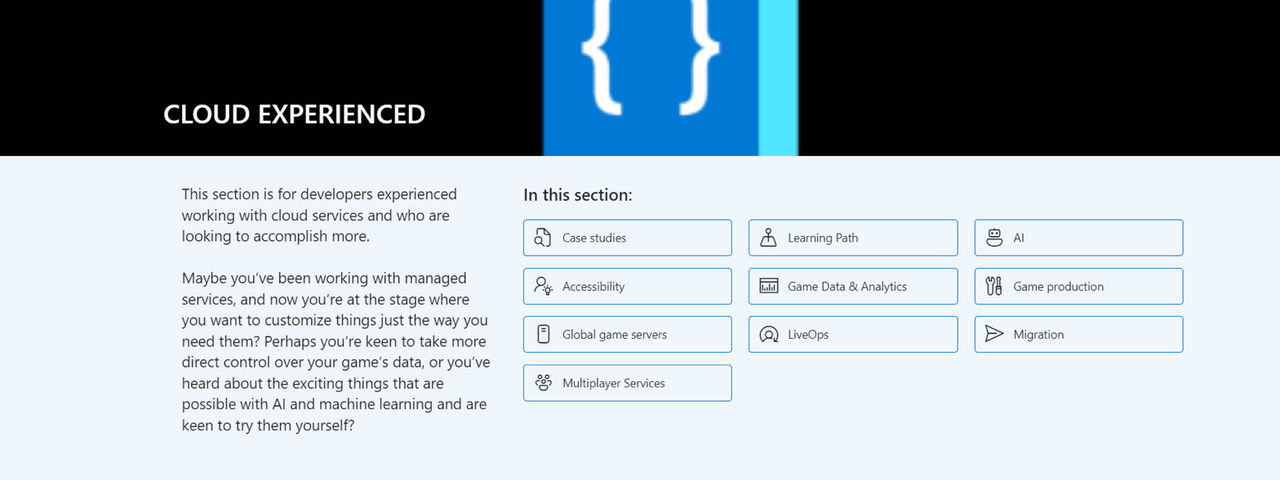
When we launched ID@Azure we promised that our Developer Hub would help you work smarter by highlighting common cloud use cases in game development, and providing practical, curated resources to help developers make progress regardless of their previous level of experience with cloud. We're pleased to say that the ID@Azure Education Portal hosted on the hub contains hundreds of links to code samples, reference architectures, case studies, documentation, presentations and blog posts – and we've been adding to it every month. The feedback we've had from developers is that our Education Portal makes it much easier to discover what is possible with cloud, and provides developers with helpful resources to get started. Later this year we will be launching an updated version of the Education Portal, making it even easier to browse and explore helpful content by adding more dynamic search and filter functionality.
User Generated Feedback
Prior to GDC, we had been operating a limited Closed Beta since December 2021 with developers we described as "friends and family" – teams that we knew and, in many cases, had worked with as part of the ID@Xbox program. We knew that cloud was becoming an increasingly important component of game development, and one that many independent developers haven't adopted to the same extent as larger game teams. Thankfully, it seems like there are a lot of teams out there who are keen to start using cloud services for the first time, or looking to accelerate their experience with Azure.
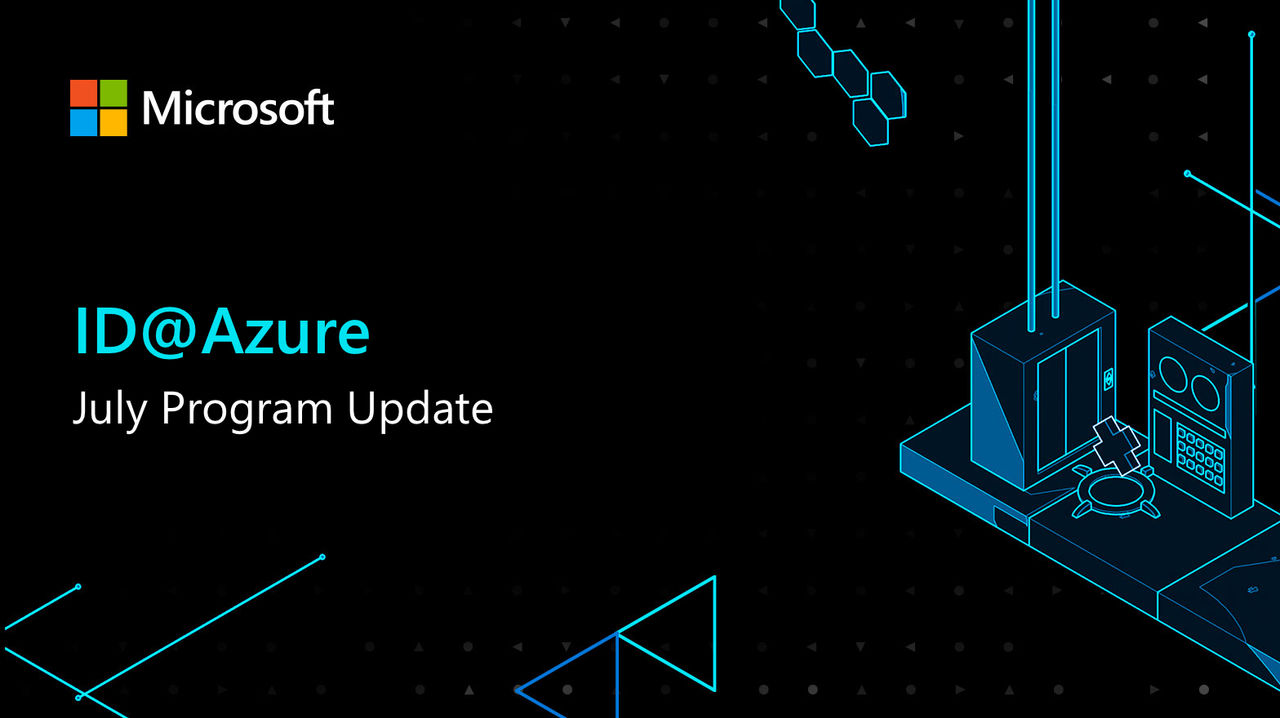
ID@Azure is based on the same fundamental principles as ID@Xbox, and as a result we do a lot of listening. Since we launched the program we have spoken to over 40 developers individually and many more over email to get their thoughts and feedback on the program so far. Although the feedback has been overwhelmingly positive and developers tell us we are helping them to work more effectively with the cloud, there are also some areas where things could improve.
One important area was making sure that we could support ID@Azure developers in their native language, and so we took the decision early on to localise the ID@Azure Developer Hub into Japanese, Chinese and Korean. We are excited to work with more developers from those regions!
Another common point of feedback in our discussions with ID@Azure program members is that developers are always interested to know how other teams are using our services. We are currently leaning in to get a better understanding of how teams are working with our Azure and PlayFab services, and share specific examples.
Looking to the Future
The most gratifying part this program is learning more about the amazing games and developers working with our tools and services. ID@Azure program members have joined us from every corner of the industry, from PC and console to mobile and VR. Some ID@Azure members are exploring the possibilities of building "serious games", others are very interested in the opportunities provided by new technologies like web3 and the blockchain. Not all of our members are building games, either – some are working on new tools and services for supporting game development teams- including brand new game engines - that we love to think will make the business of game development easier in the future.
Looking across our current members, we have established indies like 17-BIT based in Japan who are using Azure VMs alongside Git and Perforce to host the source repository for their highly anticipated next game, making it much easier, more secure and more reliable for their team to collaborate while working remotely.
Another ID@Azure member is UK-based Hugecalf Studios, who are working with PlayFab to operate the multiplayer for their hugely anticipated title Turbo Golf Racing which launches in August.

Continuing the multiplayer theme is Gavra Games based in Israel, who are also using PlayFab to store player data, items and leaderboards in addition to using the PlayFab Matchmaking service to ensure their users have a good multiplayer experience. Gavra Games is a small team, so they've found working with PlayFab to be a huge timesaver in the development of their game, Warriors: Rise to Glory.
Finally, we're very excited to be working with Stratosphere Games who are based in Germany and developing Homeworld Mobile, set to launch later this year. This ambitious sci-fi MMO uses Azure and PlayFab behind the scenes to connect players and immerse them in this exciting expansion of the Homeworld series' universe.
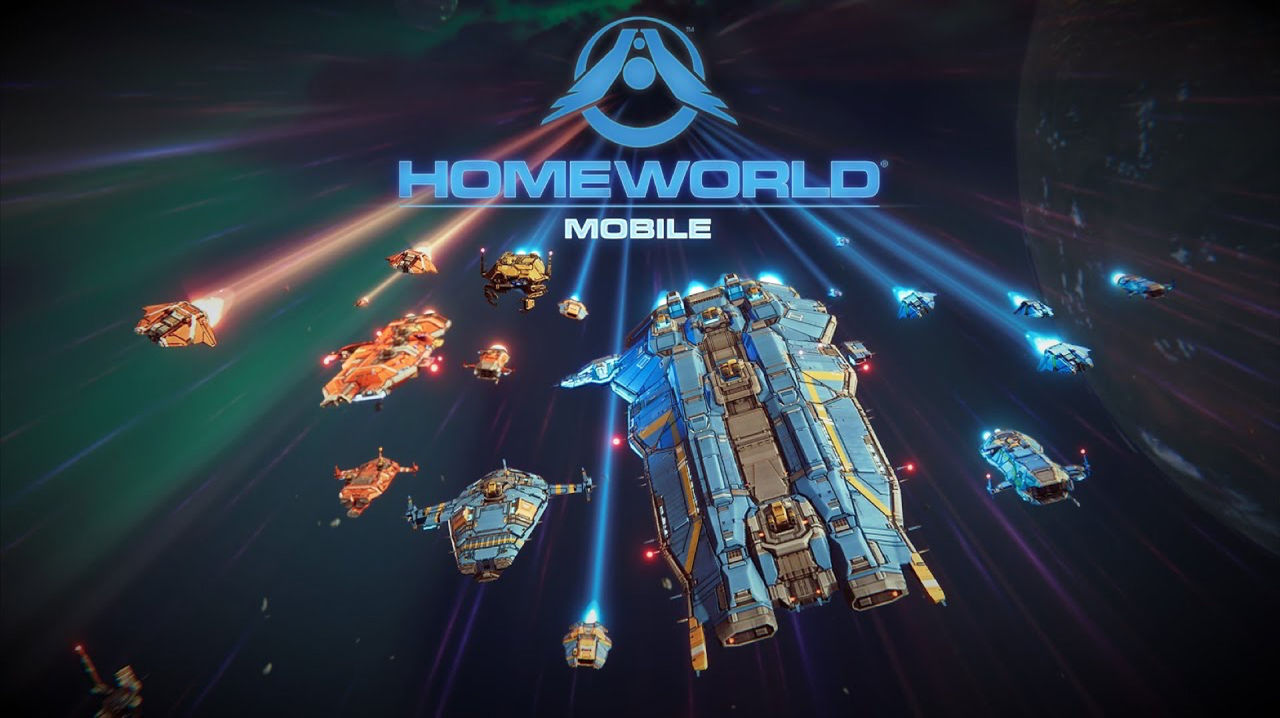
This is just a quick recap of what we've learned and accomplished since we launched ID@Azure a few months ago. We know there is so much for us to do, and we've only just got started.
If you've found this interesting and you'd like to know more about what cloud services can do for your studio and the development of your game, please visit www.azure.com/id to start your cloud journey and join the ID@Azure community.
